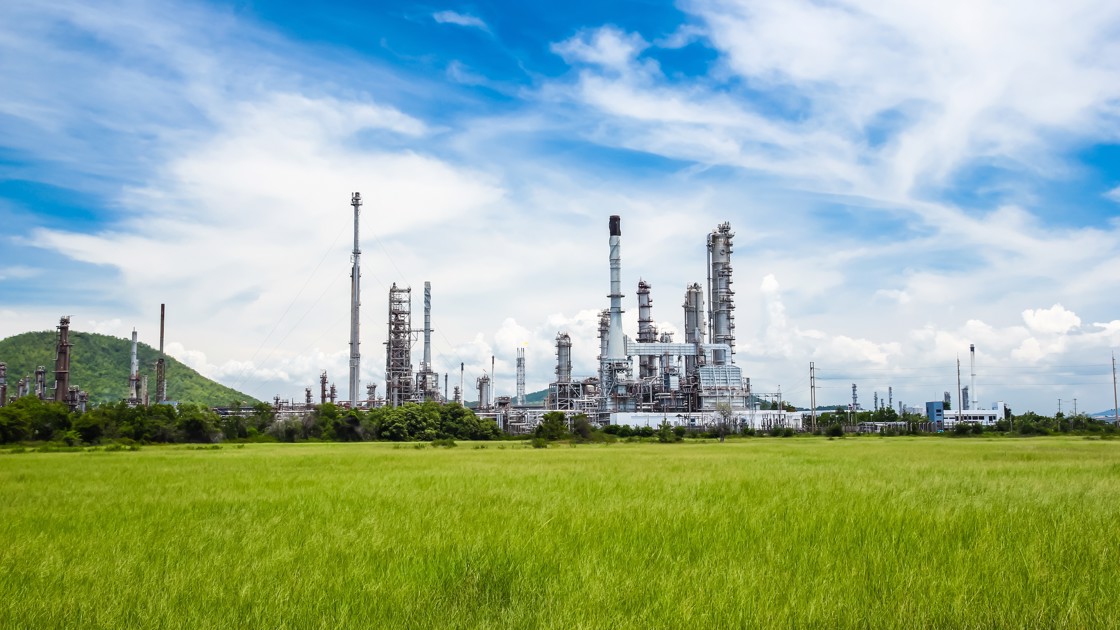We need clear policy and financing pathways to achieve climate neutrality and deliver the promised Just Transition for industrial workers.
IndustriAll European Trade Union’s Deputy General Secretary, Judith Kirton-Darling, spoke at the 10th EU refining forum alongside the Commissioner for Energy, Kadri Simson, and top officials from Directorate General for Energy and other services of the European Commission, high-level speakers from refining industry and other energy- intensive industries, representatives of EU Member States, members of the European Parliament and other organisations.
In setting out the concerns of industriAll Europe in advance of the update of the EU’s industrial policy strategy due in March this year, Judith Kirton-Darling stressed that the Green Deal will define and shape industrial policy making, not only in the coming mandate period of the Commission, but also far beyond. The investment choices made this decade will be decisive, e.g. energy-intensive industries have long and substantial investment cycles (typically 20-40 years). Market measures and multinationals alone will not deliver.
The combination of the COVID-19 crisis and the Green Deal objectives, and especially the revision of the 2030 climate targets, threaten to significantly deepen the investment gap that needs to be bridged to reach the climate targets. A ’target and market‘ approach will not deliver. ‘One size fits all’ policies will inevitably increase regional inequalities within and between countries. Therefore, coherent and coordinated EU policy framework, addressing different national and regional contexts, is essential.
Judith Kirton-Darling stated, “As trade unions we have been more concerned with the ‘how’ rather than targets: we need clear policy and financing pathways to achieve climate neutrality and deliver the promised Just Transition for industrial workers. Without a clean industrial strategy as a cornerstone of the Green Deal, the EU will never succeed in its journey towards a completely new economic paradigm within one generation. Decarbonising Europe must not mean deindustrialisation in practice. We have to recognise that change will come from within existing industries, as well as new sectors/activities. We demand a strong social dimension of the EU’s industrial strategy and workers’ participation.”
The 10th high-level meeting of the EU Refining Forum took place on 18 February 2021. The discussion focused on key developments and policy initiatives relevant for the refining industry, notably the European Green Deal and its implications for industry, recovery, and the role of renewable and low-carbon fuels on the way towards climate-neutrality.
